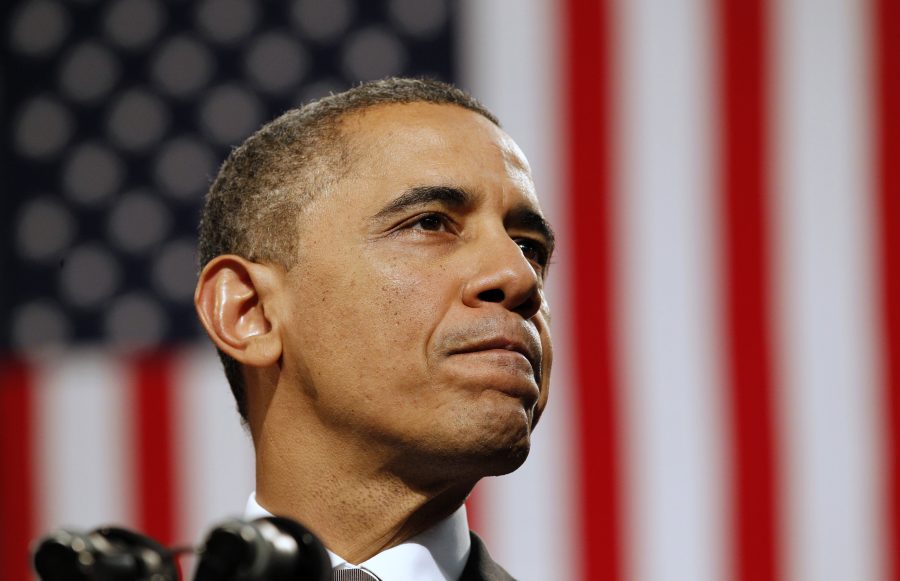Those who are inclined to take the mainstream media at its word are likely to diagnose Washington’s many problems as symptoms of a singular ailment: partisanship and the legislative gridlock it creates. If Congress would stop their puerile bickering and just compromise, as the thinking goes, the eminent political minds might finally be able to get something done.
Pundits on ABC, NBC and every other ostensibly neutral network have become increasingly fond of appealing to shared values between parties, or to the days when the parties weren’t so polarized. Like a conglomerate Rodney King, the media has one simple request for Washington: can’t we all just get along?
And it was during the decade in which the late King became a national figure that bipartisanship is considered to have reached its heyday. The agreement of then-president George H. W. Bush to a tax increase in the early ’90s probably seemed to signal the end of an era of ideological rigidity.
After the Republicans took control of the House of Representatives and Senate in 1994, Speaker Newt Gingrich and his colleagues were able to compromise with the Democratic White House to pass major legislation. These developments, coupled with the general placidity and technological progress of the decade, lead many to romanticize the inter-party cooperation that they believe was so widespread.
The bipartisanship during the ’90s is worth examining, not only because of its legislative accomplishments, but also because of its failures. The tax increases of 1990 were passed with the promise of simultaneous spending cuts. The tax increases came, but the cuts never did.
Bill Clinton, a centrist Democrat, did find common ground with Republicans during his time in office. The ending of AFDC and the welfare reform of 1996, for example, was wise and effective policy that garnered support from both parties, as was the creation of NAFTA and the decrease of the capital gains tax.
Bipartisan legislation can have positive results, but it can produce negative results just as easily. The foremost example of compromise gone awry is the now infamous “Don’t Ask, Don’t Tell” policy. Democrats wanted gays to be able to serve in the military; Republicans had reservations regarding how this would affect unit cohesion. So, like wise Buddhist monks, the sages of Washington treaded the glorious middle way to this profound conclusion: gays could serve in the military under the condition that they conceal their sexuality. No possible problems here!
Given that we have a two-party system which pits opposite ends of the political spectrum against each other, it seems logical that the proper legislation can be discovered somewhere between these two ideological extremes. But this alleged “middle ground” is fertile with promises that cannot be kept and legislation that cannot work.
Columnist Jonah Goldberg provides an apt analogy: imagine a debate over whether or not a bridge is to be built. I believe it should be, another party thinks it should not. Although we may disagree, each of us finds the other more rational than a third party who wants to compromise by building half a bridge.
Unfortunately, our political system is rife with those who wish to build half bridges. Political opportunism always has been rampant. Politicians are often quick to acquiesce to popular opinion, reneging on whatever principle they may have held in the first place. Recent Republican capitulation on immigration reform has been shrouded under the guise of compromise, although the legislation itself looks a lot like the 1990 tax increases: amnesty now, increased border security never.
President Obama and other Democrats are fond of publicly admonishing the “obstructionist” Republican controlled House for their supposed inability to strike bipartisan legislation.
That the House of Representatives is the most Democratic institution of the federal government seems beside the point. Since the House leaders have refused to back the President’s assiduously progressive agenda, they are beaten over the head with accusations of obstinacy.
The low approval rating of the House sadly proves that this ploy has been effective, and demonstrates what “bipartisanship” has come to mean in today’s political lexicon.





















































